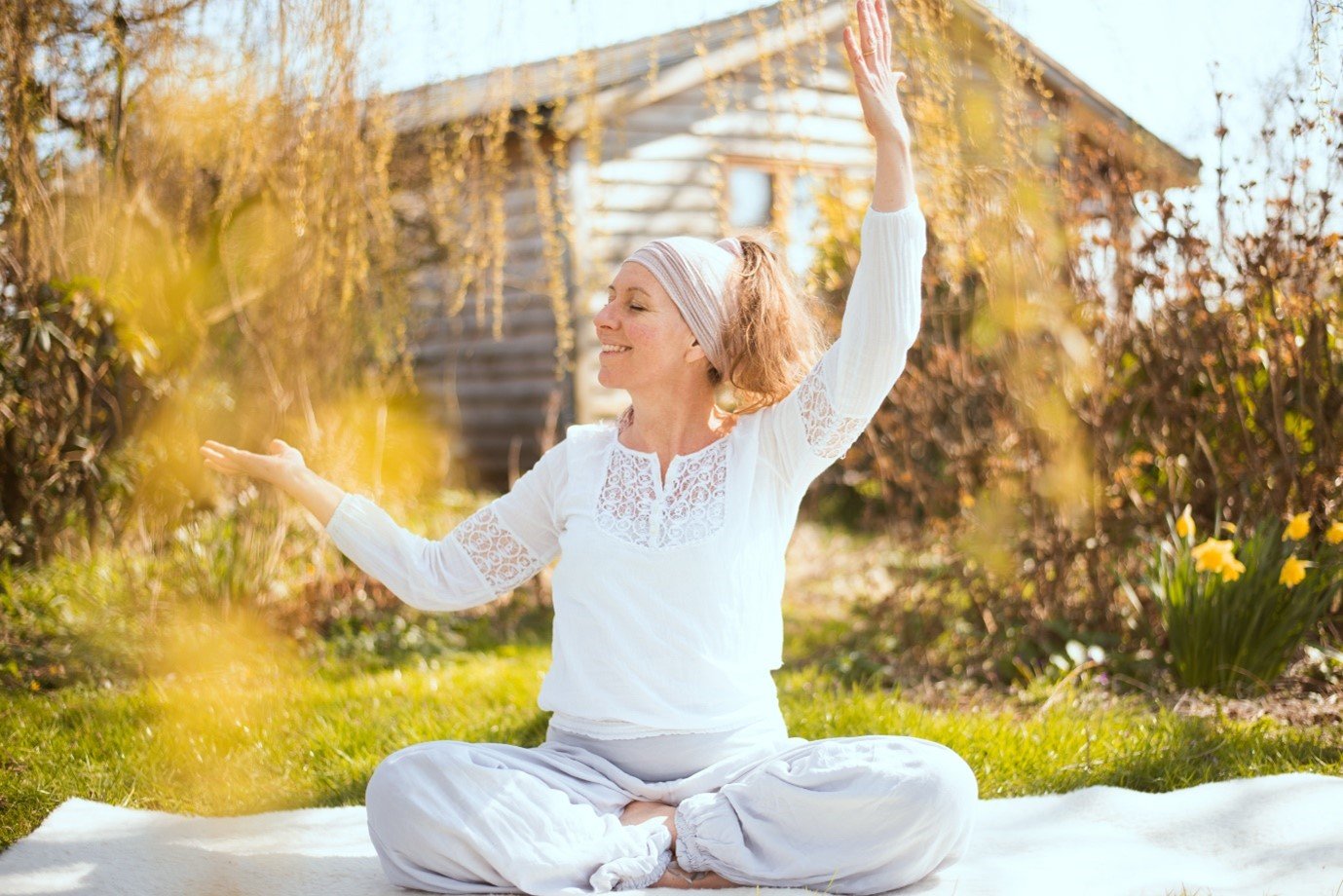We are often facilitating the learning and development of other organisations. But what are we doing to learn and develop our own organisation?! In early August, we gathered in Hereford for a series of team development and learning days. These included inputs from Clive (Hyland), our Neuroscience Advisor, about “quantum principles”. We are dedicated to being a learning organisation and so it is important to take out time in this way. It was also an opportunity for team building activities such as kayaking, rounders and yoga! See some photos from the 4 days below:
We learnt about the importance of 'trust' and 'flow'. Trust is central to Clive's Quantum Principles. It is a prerequisite for high performing teams. When we feel physically and emotionally safe we release a hormone called 'oxytocin'. This opens us up at all levels and increases our capacity for learning and growth. We also need to create work environments that foster 'flow' or 'being in the zone'. This can be defined as "the optimal state of consciousness where we feel and perform our best" and can lead to individuals and organisations being 5x more productive! Read about some research by McKinsey and Co. here.
One of the days focussed on exploring our exciting Next Generation Change Makers Programme . We were delighted to be joined by some of our Advisors and new volunteers to advance this. At the core of our programme is "compassion". This is particularly important in current times when anxiety about the future and the climate crisis is high. Read a recent piece of research here. The photos below show Kemal (Shaheen), Ellie (Evans), Gareth (Jones) and Shivani (Singhal) discussing what leadership of the future means to them through the use of images and metaphors.
One of the images that resonated with a lot of people was this one. It depicts an older person with years of wisdom, and a younger person with a fresh energy and perspective.
A core element of our new programme will be opportunities for cross-generation, cross-sector, and cross-cultural exchanges.
Compassion for the self is just as important as having compassion for others. At Caplor Horizons, we encourage and practice mindfulness, meditation and weekly yoga. A recent edition of the BBC Radio 4 series "Just one Thing" highlights the health benefits of mindful meditation. As Presenter Dr. Michael Mosely says, ‘Press pause on a busy day and take 10 minutes to do something that has been proven to improve sleep and memory, reduce pain and stress, and boost your mood’. Click here to listen to the podcast. See a picture of us enjoying an in-person yoga session sat under a lime tree with Georgie (Treasure Evans).
Change Maker of the Week
Quote of the Week: “If you want others to be happy, practice compassion – if you want to be happy, practice compassion" Dalai Lama
Best wishes
Iain, Lorna, Rosie and Ian





























